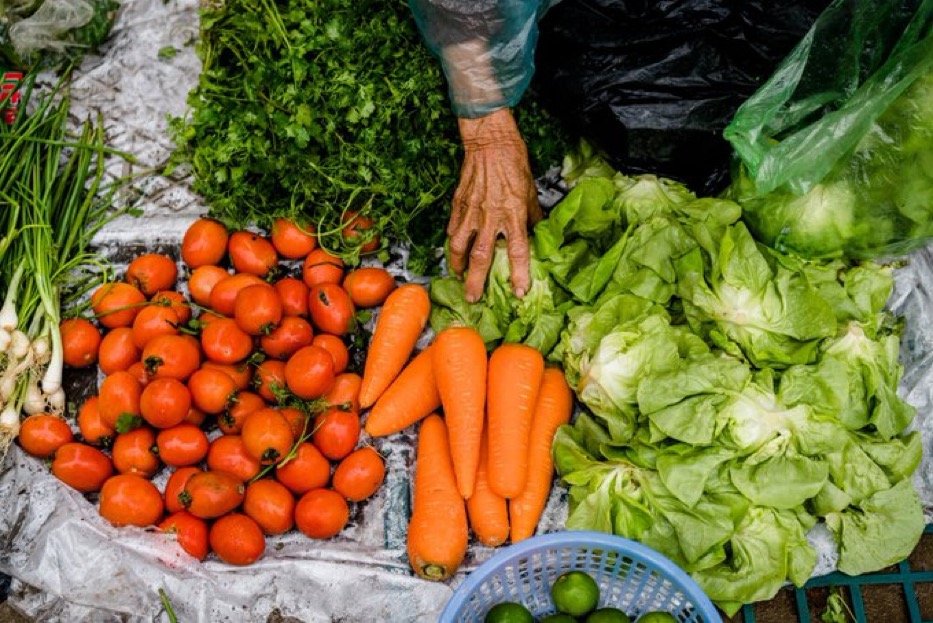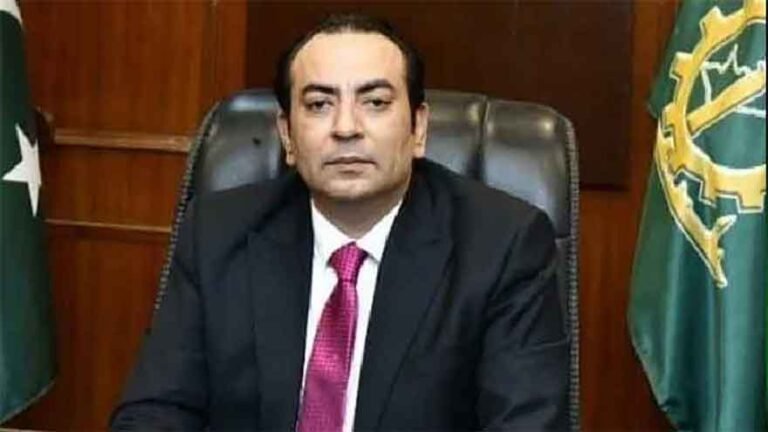New York, 7 July 2022 (TDI): UN State of Food Security and Nutrition in the world (SOFI) reports have shown that rates of global hunger have increased.
According to the reports, the number of people experiencing hunger worldwide rose to 828 million in 2021. This has risen from 46 million in 2020 and 150 million since the beginning of the COVID-19 pandemic.
Unfortunately, this is not a good sign for everyone. It is showing that the world is quite far from fulfilling its goal of hunger elimination, food security, and malnutrition by 2030.
The world is moving backwards in efforts to eliminate hunger & malnutrition with 828 million people affected by hunger globally in 2021: UN State of Food Security and Nutrition report https://t.co/Wx7oPRGSZSpic.twitter.com/jHR2mrJPzJ
— World Health Organization (WHO) (@WHO) July 6, 2022
SOFI reports
The State of Food Security and Nutrition in the World (SOFI) 2022 provides reports on food security and nutrition situation in the world particularly, the latest estimates of costs and affordability of a healthy diet.
The reports also seek to find ways in which the government can channel its support to agriculture. This will help reduce the cost of healthy diets.

SOFI also published the reports with different partners like FAO, IFAD, UNICEF, WFP, and the World Health Organization (WHO).
According to the reports, 2.3 billion people were experiencing moderate or severe food insecurity in 2021. The reports also show that 45 million children under five years old were wasting (a type of malnutrition). Wasting also risks the lives of children by 12 times more.
Furthermore, about 149 million children under the age of five were stunted. This is because of a lack of essential nutrients in their diets.

Read also Save the Children expresses concern over Hunger in Sudan
Ways in which governments can help
According to the reports, governments should reduce trade barriers for nutritious foods like fruits, vegetables, and pulses.
Governments can also repurpose their support for food and agriculture. This can, therefore, help in the economic recovery from the pandemic.
The WHO Director-General Tedros Adhanom Ghebreyesus said, “WHO supports countries’ efforts to improve food systems through taxing unhealthy foods and subsidizing healthy options, protecting children from harmful marketing, and ensuring clear nutrition labels”.
IFAD President said, “…We need a more intense approach to end hunger and IFAD stands ready to do its part by scaling up its operations and impact. We look forward to having everyone’s support”.
Political scientist, poet and author
- This author does not have any more posts.








